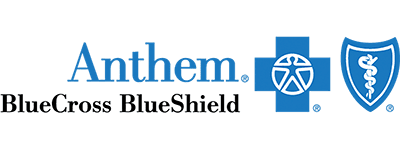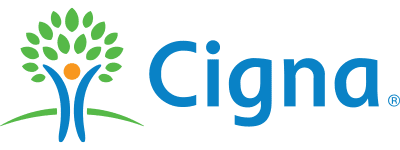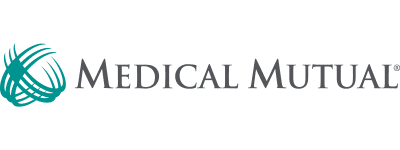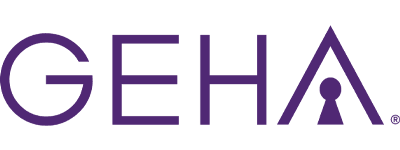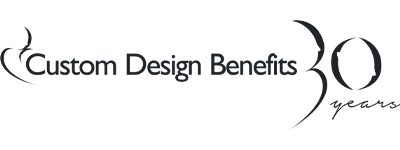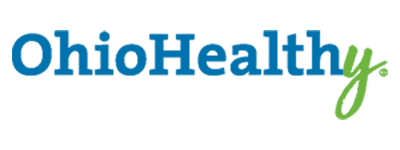As high-level executives, many individuals are expected to project a sense of professionalism, success, and control at all times. However, behind closed doors, some executives struggle with addiction and the associated shame, guilt, and fear of judgment from their peers, family, and colleagues. This double life can be exhausting and isolating, and often impedes executives from seeking the help they need to overcome their addiction.
Stigma Surrounding Executives and Substance Use Disorders
The stigma surrounding addiction is a pervasive issue that affects people from all walks of life. However, for executives, the stakes are particularly high. They may worry about losing their reputation, their job, or even their entire career if their addiction becomes public knowledge. This fear of being judged can be especially pronounced in the corporate world, where appearances are everything and executives are expected to embody the ideals of success and self-discipline.
Consequences Of Stigma In The Workplace
However, this stigma can also have serious consequences for the individual struggling with addiction. It can prevent them from seeking the help they need, leading to a downward spiral that can have a profound impact on their personal and professional lives. In many cases, executives may try to hide their addiction, leading to a life of secrecy and lies that can be emotionally and mentally draining.
What Are The Barriers To Treatment For Different Professions?
While the specific barriers may vary by profession, the common theme is the fear of damaging one’s reputation, the stigma associated with addiction, and the challenges of finding the time and resources to seek help. It is important for individuals in these professions to understand that seeking treatment for addiction is a sign of strength and that help is available to overcome this challenge.
For Doctors:
One of the biggest barriers for doctors seeking treatment is the fear of damaging their reputation and losing their medical license. This fear is compounded by the high levels of responsibility and stress that come with the job, as well as the long hours and demanding work environment. Additionally, doctors may struggle to find the time to attend appointments or may feel embarrassed about admitting they have a problem.
For Lawyers:
Lawyers may face similar challenges to doctors when it comes to seeking treatment for addiction. They may worry about the impact on their professional reputation and may feel embarrassed about admitting they have a problem. Additionally, the fast-paced and high-stress nature of the legal profession can make it difficult for lawyers to find the time to attend appointments or to take time off for treatment.
For Flight Attendants:
Flight attendants may face unique barriers to seeking treatment for addiction, such as irregular schedules and the need to be away from home for long periods of time. They may also struggle with the stigma associated with addiction, especially given the high level of responsibility that comes with the job. Additionally, flight attendants may have limited access to healthcare or may be concerned about the cost of treatment, making it difficult for them to receive the help they need.
Employee Assistance Programs
The good news is that help is available and recovery is possible. There are a range of addiction treatment options, from inpatient rehabilitation to outpatient therapy, that can help individuals overcome their addiction and start the journey to recovery. Additionally, support groups and peer-to-peer networks can provide a safe and supportive space for executives to connect with others who understand the unique challenges of addiction in the corporate world.
How Do Employee Assistance Programs (EAPs) Work?
An Employee Assistance Program (EAP) is a confidential service that provides employees with help to resolve their problems. If you’re struggling with substance abuse, you can get free services through the EAP, and your employer won’t know that you’ve sought help. This is important because it keeps the workplace safe and productive.
To start the process, you can reach out to an EAP counselor on your own. They will conduct an evaluation and offer you guidance on how to resolve the issue or provide a few sessions of counseling. If you have a substance use disorder, the counselor may refer you to an EAP substance abuse treatment center or drug program for further assistance.
The EAP is free, but if you need to attend a rehab facility, you’ll need to use your insurance to pay for those fees. It’s possible that your insurance may cover some or all of the cost of treatment. You can find out by filling out an online insurance verification form.
What Are The Pros and Cons of EAPs?
Employee Assistance Programs have both pros and cons. The benefits of using an EAP include:
- An objective third-party assessment of your issues
- Help determine the best course of action
- No cost to you
- No insurance co-pays or deductibles
- Confidential – no one will know about your problem
- Family members may also be eligible for services
However, there are also some drawbacks to consider, such as:
- Only an assessment or a few sessions are provided
- Does not cover treatment services like rehab, but will refer you as needed.
Seeking Help Is A Sign Of Strength
For executives who are struggling with addiction, it is essential to understand that seeking help is a sign of strength, not weakness. It takes courage to admit that you have a problem and to take the steps necessary to overcome it. By breaking down the stigma associated with addiction and seeking help, executives can take control of their lives through a program tailored for professionals, improve their health, and build a brighter future for themselves and those around them.
Final Thoughts On Substance Use Disorder In The Workplace
In conclusion, the double life of executives can be challenging and overwhelming, but it is possible to overcome addiction and start the path to recovery. By seeking help, breaking down the stigma associated with addiction, and connecting with others in similar situations, executives can reclaim their lives and build a brighter future for themselves and those around them.
You Might Also Be Interested In
- How Long Does Alcohol Stay In Your System?
- Rehab Guide For Executives
- Alcohol Abuse
- Alcohol Detox
- How To Find The Best Rehab Near Me
- Inpatient Vs Outpatient Rehab
- The Effects of Alcohol Abuse
References
- OMP.gov. (n.d.). Frequently asked questions, Work life.
- Substance Abuse and Mental Health Services Administration. (2021).
- Attridge, M., Amaral, T., Bjornson, T., Goplerud, E., Herlihy, P., McPherson, T., Paul, Rich. (2009). Selecting and strengthening Employee Assistance Programs: A purchaser’s guide.
- SHRM. (2021). General: What is an employee assistance program (EAP)?






